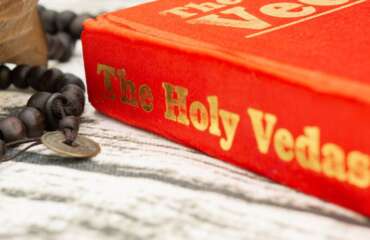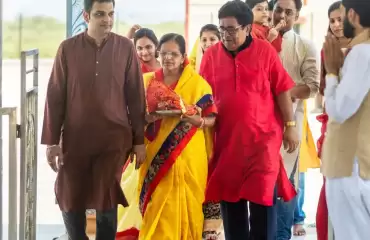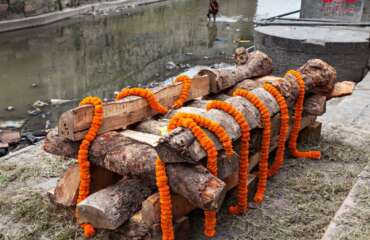Meaning of the Veda
Vedas: In Sanatana Dharma (Hinduism), Vedas are a big collection of sacred writings, which comprises of poems, chants, hymns or mantras which have been written in times immemorial, for telling us the best way to lead our lives.
There are totally 4 vedas namely
- Rig-Veda
- Sama-Veda
- Yajur-Veda and
- Atharva-Veda.
Rig-Veda is a collection of many hymns, mostly devoted in praise of Gods and has many sanskrit poems for various sacrifical rituals.
Sama-Veda : Sama Veda is the veda for melody and chants (music).
Yajur-Veda is collection of prose mantras (means a priest will chant mantras and tells the procedure to perform a certain ritual, where in a person sits and does the prayer or Yagna.
Atharva-Veda tells about the musculo skeletal system of our body. This veda was written by Sage Atharva, so it is named after him. This Veda was given authentication by God Shiva himself.
So essentially Our four Vedas says, “how to lead our lives according to Dharma, how to worship God and get His grace, how to perform various rituals (karma) for getting materialistic wants and for welfare of the Society. For example if a couple is childless, they should perform a yagna called Putrakameshti yagna, for Kings to get victory over their enemies, they can perform the Rajasuya yagna.
In my perception , Vedanta = Veda + Antha (end/summary/essence) so it conveys that the essence of all Vedas is Nirvana/Moksha.
So the meaning of all Vedas should be “ Strive to attain moksha, the liberation”.



